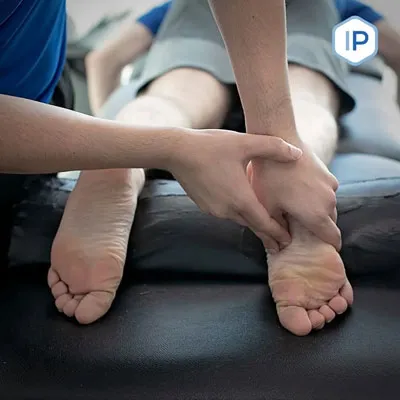If you’re training for a marathon, consistency and smart planning are crucial. Follow
these principles to build endurance and reduce injury risk:
- Start Training Early
Begin at least 16-20 weeks before race day to allow gradual adaptation. Avoid last-
minute mileage increases, which can lead to overuse injuries. Your body adapts slowly to running milage so be nice! - Balance Your Training Plan
A well-rounded plan should include:
- Base mileage runs: Run 3-4 times per week to develop endurance.
- Long runs: Gradually build up to 20+ miles to simulate race-day conditions.
- Speed or tempo runs: Improve pace and cardiovascular efficiency. Use these sparingly and build the duration of these gradually over a few weeks
- Strength & cross-training: Prevent injuries and build resilience. Your body needs to get stronger for the marathon and strength training can help prevent injuries from happening in the first place
- Rest days: Allow your body to recover and repair. Your body gets stronger when it rests, essentially when you are training, you are breaking your body down for the rest to make it stronger when you rest.
- Follow the 10% Rule
Increase your mileage gradually, avoiding sudden spikes that may lead to injury. - Pay Attention to Recovery
Taper before race day by reducing training volume 2-3 weeks prior.
Hydrate and refuel properly to support muscle recovery.
Incorporate active recovery like walking, yoga, or mobility work. - Choose the Right Footwear
Visit a specialist store for a gait analysis and ensure you have the right running shoes
for your stride. If you have pain, consider booking in with us for a computerised gait analysis and get our clinical expertise on top of this. - Strengthen Key Muscle Groups
Regularly engage in strength training to improve running efficiency and durability,
particularly focusing on core, glutes, and lower limbs. Another area we can help with, we do specialised running assessments which highlights mobility, strength and technique issues. - Listen to Your Body
While sticking to a plan is important, adjust it as needed if you experience persistent
pain or fatigue.
When to Seek Professional Help
If you’re experiencing pain that doesn’t subside with rest, or if an injury is interfering
with your training, professional intervention is essential.
At Indergaard Physiotherapy, we specialise in assessing and treating running-related
injuries, helping you recover efficiently and return to running pain-free.
Don’t let injuries derail your marathon journey—book an appointment with our expert
team today and keep moving forward!

